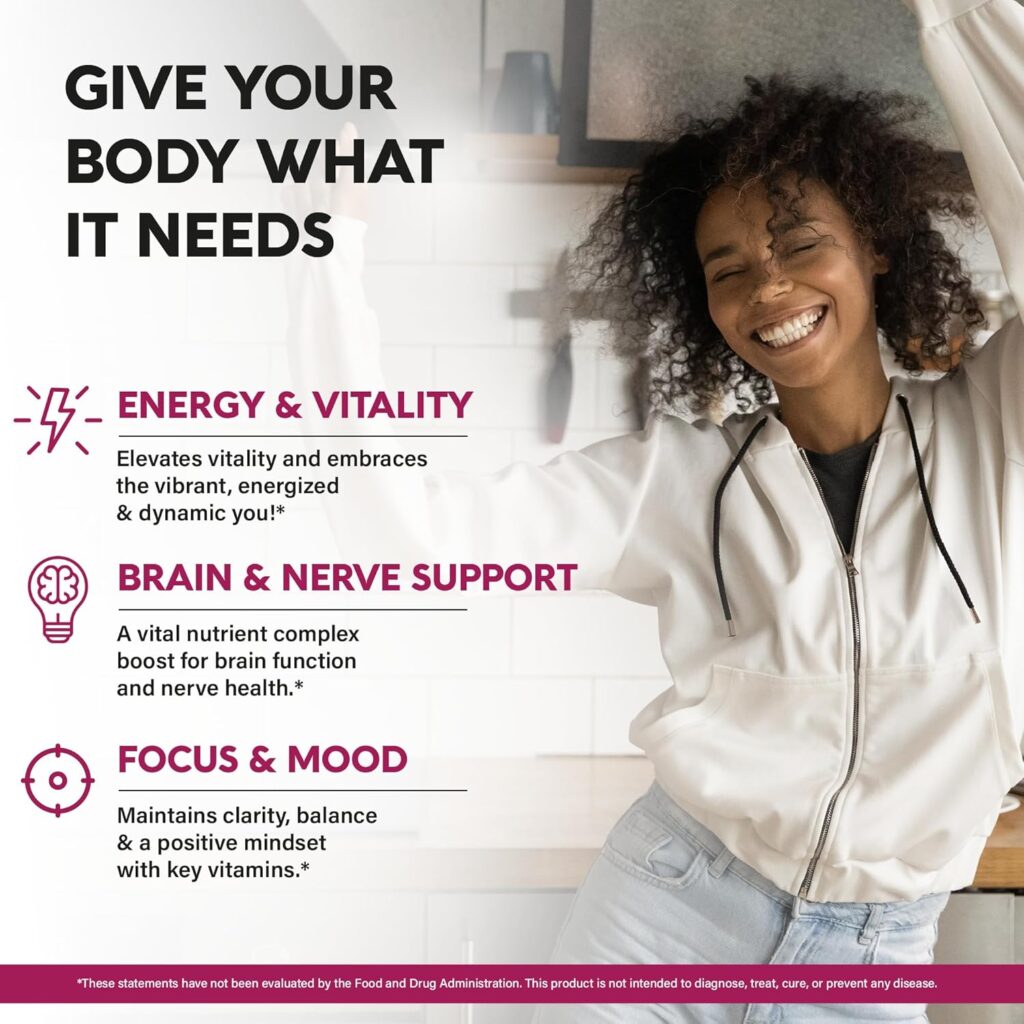In a world full of distractions and stress, meditation for a balanced life has become a powerful tool for improving our quality of life. With benefits like reducing anxiety, improving concentration, and enhancing emotional stability, meditation for a balanced life can transform your mental and physical well-being. Start integrating this practice into your daily life and experience its positive effects in no time.
Frequently Asked Questions
How can meditation improve my quality of life?
Meditation helps reduce stress, improve concentration, and strengthen emotional health, allowing you to live with greater calm and balance.
How long should I meditate daily to see benefits?
Just 5-10 minutes a day can bring positive changes to your well-being, and over time, you can extend the practice as needed.
Can I meditate even if I have never done it before?
Yes, anyone can start with simple techniques such as mindful breathing or guided meditation, without any prior experience.
In a world full of noise and distractions, finding mental peace has become a necessity. Meditation is an ancient practice that allows us to connect with the present moment, reduce stress, and improve overall well-being.
Benefits of Meditation

- Reduces stress and anxiety: Helps lower cortisol levels, the stress hormone.
- Improves concentration: Trains the mind to focus and reduces scattered thoughts.
- Enhances emotional balance: Increases resilience to difficult situations.
- Improves sleep quality: Relaxes the nervous system and promotes deep rest.
- Encourages self-awareness: Helps you understand yourself better and manage emotions effectively.
Meditation Techniques

- Guided meditation: A voice guides the practice.
- Mindfulness meditation: Focuses on breathing and present sensations.
- Mantra meditation: Repeating words or phrases to focus the mind.
- Body scan meditation: Increases awareness of each body part to release tension.
- Movement meditation: Done through mindful walking or yoga.
Tips for Beginners

- Find a quiet place free of distractions.
- Dedicate at least 5-10 minutes a day.
- Sit in a comfortable and relaxed posture.
- Focus on your breathing and let thoughts pass without judgment.
- Use apps or audio guides if you are a beginner.
Favorable Habits for Meditation

- Establishing a daily routine: Meditating at the same time each day helps create a habit.
- Practicing gratitude: Reflecting on positive things before or after meditation enhances its effects.
- Maintaining proper posture: Sitting with a straight back improves concentration.
- Breathing consciously: Paying attention to breathing helps relax the mind.
- Reducing screen time before meditation: Avoiding distractions improves the quality of your practice.
Unfavorable Habits for Meditation

- Meditating in a rush or with anxiety: Forcing meditation without calmness can cause frustration.
- Expecting immediate results: Meditation is a gradual process that requires patience.
- Neglecting breathing: Not focusing on breathing reduces meditation effectiveness.
- Meditating in a noisy environment: Constant sounds can make concentration difficult.
- Practicing only when stressed: Meditating only in difficult moments limits long-term benefits.
Integrating Meditation into Your Life
You don’t need hours to experience its benefits. Start with a few minutes in the morning or before bed. Over time, it will become a habit that transforms your mental and emotional well-being.
Practicing meditation will help you face daily challenges with a calmer and more balanced mind. Start today and feel the difference!
Meditation is a simple practice that offers great benefits for your mental and emotional health. With just a few minutes a day, you can reduce stress, improve focus, and achieve more emotional balance. Start today and make meditation a habit that transforms your life.





